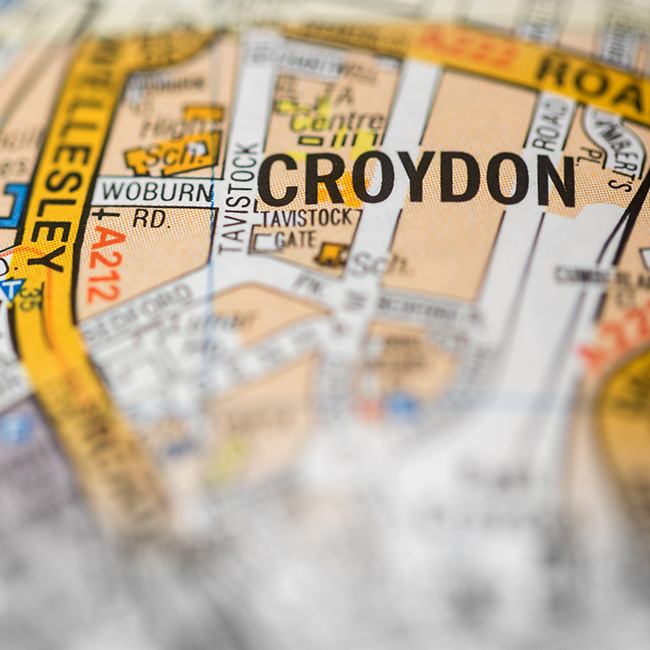
We represented a young person charged with an offence of possession of bladed article. It was the Crown’s case that whilst running away from the police, our client discarded a large Rambo knife. The Crown’s key witness, a police officer, did not report seeing our client discard a knife, however, our client was charged after a member of the public contacted the police to say that he had found a knife. The knife was recovered and subsequently forensically examined. The Crown claimed that there had been a DNA match to our client.
Our client denied ever being in possession of the knife and at our client’s first appearance, we informed the Crown that the forensic evidence was disputed, that we required a more detailed forensic analysis and that we would be instructing our own expert.
It later became apparent that the Crown had used a DNA sample that had allegedly been taken from our client a year prior to this incident to conduct their analysis. The Crown and police contacted us to request authorisation for this old sample to be used for the more detailed forensic analysis and if not, whether our client would consent to a second sample being taken. We refused this request on the basis that the Crown had not provided any statements confirming that this sample had in fact been taken from our young client. This refusal was based on case law surrounding forensic analysis. We also made representations that there was no obligation on our client to provide a second sample and as it stood, the Crown had insufficient evidence to prove their case. Following these submissions, the Crown discontinued the case against our client on the basis that they had insufficient evidence to provide a realistic prospect of conviction.
Our client was represented by Sabrina Neves, a solicitor in our specialist youth team.